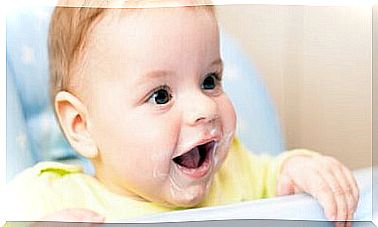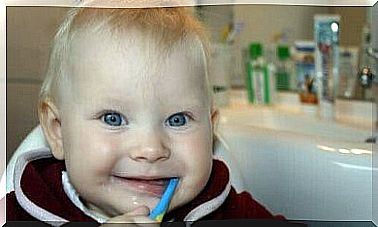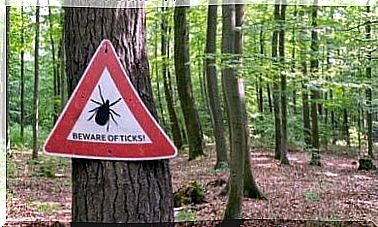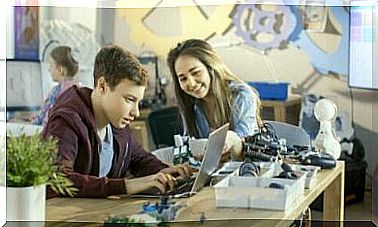The Importance Of Socializing In Childhood – Parenthood
Human beings are sociable beings. The course of our life inevitably passes through contact with others and integration into society. Our social relationships are great stress absorbers. They provide us with better psychological health. This is why we will focus today on the origin of our interpersonal facet: socialization during childhood.
The pace of life in modern Western society demands that all of us – including children – evolve in very different social systems. We must exercise diverse and unclear roles. It requires a certain social skill to get by on a daily basis.
Socialization is a process that allows us to learn and internalize the norms of our culture and to acquire the capacities to evolve in society. Finally, it allows us to build our own identity through contact with others.
As we can see, this is a fundamental process for our development as people.
Socialization in childhood: stages and agents of socialization
This process of socialization is divided into two main stages with its own characteristics:
-
Primary socialization
It is the first contact of the individual with his environment and the people who compose it. In this phase, the child acquires the most basic abilities. He learns primarily by practicing and imitating what he sees and what he is taught.
It is an essentially informal process in which the main agent of socialization is the family – especially the immediate family. The child will thus learn values with them. He will also develop his first emotional ties. During this stage, daycares and the media also play an essential socializing role.
-
Secondary socialization
It is a more formal learning process. Indeed, the person acquires more complex and abstract capacities. It is the school and other institutions that are responsible for it. Now is the time to explore new worlds beyond the family and begin to understand the hierarchy system.

But, what role do parents play in this whole process? What can we do to provide our children with appropriate socialization?
Socialization and family
As we mentioned earlier, the family is the primary and most important agent of socialization in childhood. The way parents interact with their children will give them the keys to building their identity and shaping their behavior. Thus, each act of socialization will have repercussions on the future personality of the child.
The influence of temperament
What plays a primary role in our ability to socialize during childhood is our temperament. Temperament is innate. It manifests itself from the first moments of the baby’s life.
Some children are active, fearless. They respond more to fear signals and aren’t afraid to explore. Other babies, on the other hand, are quiet, calm and careful. They cling to an attachment figure and do not naturally venture out to their surroundings.
This is a subject of great importance since, according to Buck (1991), uninhibited children generally create more socially enriching environments in which to grow. This is due to their way of being and of reacting. The people around tend to stimulate them more and pay them more attention.
On the other hand, inhibited children can create a context without stimuli, thus losing their opportunities to practice socialization and learn the norms that govern it.
Therefore, be sure to offer him – regardless of your child’s temperament – a stimulating and enriching environment filled with opportunities to develop his social skills and be able to interact with his environment without being afraid.

Parenting styles
Another important aspect is the parenting style used by parents. This will provide children with the guiding foundations of how to view and relate to the world.
We need democratic and assertive parents, able to listen to their child’s feelings and teach him to deal with them. From parents who encourage the child to explore and make decisions for himself and finally who set positive and reasonable limits.
Ultimately, parents who thus encourage the creation in their children of a vision of the world as a positive place and a vision of themselves as capable and competent beings. They will thus know who they are and how they must act in order to evolve and obtain positive consequences.










